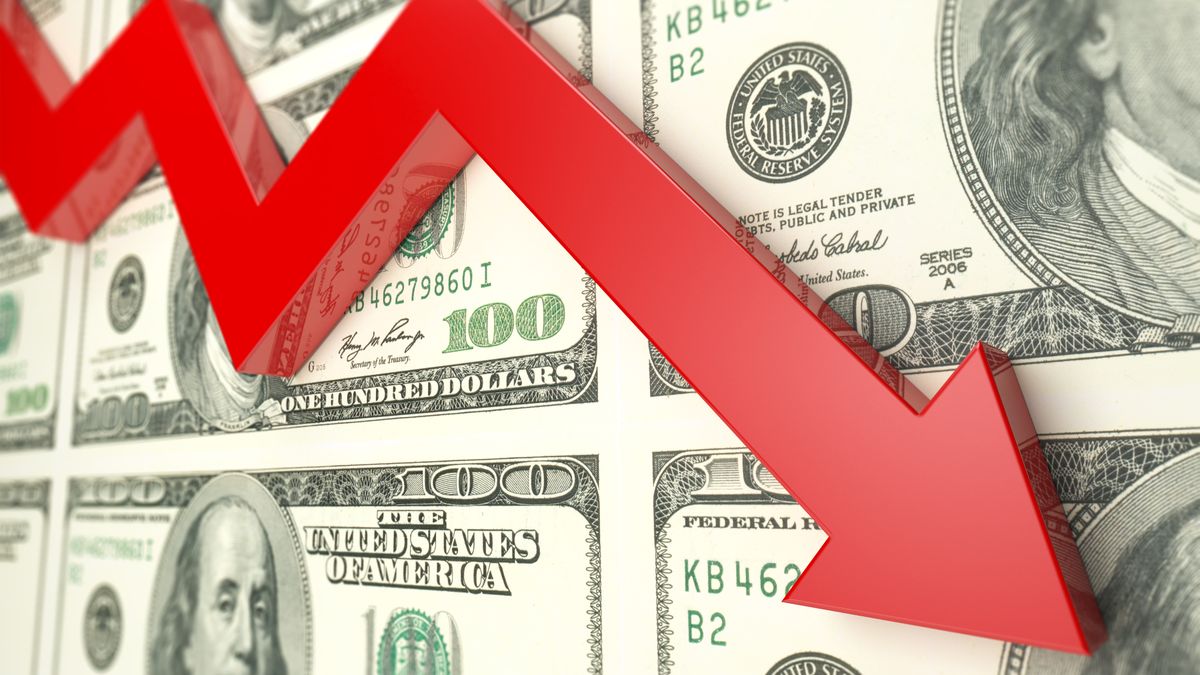
Dive Brief:
- The U.S. economy will likely sidestep a downturn in the next 18 months but sputter in a “slowcession,” with weak growth, rising unemployment, and inflation persisting above the Federal Reserve’s 2% target, Moody’s Analytics Chief Economist Mark Zandi said Tuesday.
- “It’s the economy struggling,” Zandi said in response to questions from New York Fed President John Williams, noting the surge in borrowing costs since the start of monetary tightening in March 2022. “I don’t think what is dead ahead here over the next 12 to 18 months is going to feel anything like a soft landing — I think it’s going to be very uncomfortable.”
- “I call it a slowcession — not a recession, but an economy that is not going anywhere fast,” Zandi said, setting the odds of a downturn at one in three. He predicted unemployment will probably rise above 4% from 3.6% in June.
Dive Insight:
The forecast of anemic growth aligns with what the National Federation of Independent Business calls a “dismal” outlook among monthly survey respondents toward business conditions and the prospects for sales.
The economy has so far dodged a recession even as optimism among small businesses has sagged below a 49-year average for 18 straight months, the NFIB said Tuesday.
“It does look like the economy is slowing down, but ‘data’ are not recessionary,” the NFIB said. “Housing seems to have bottomed and is moving up modestly, consumer spending is flat but not headed for the exits, credit statistics are flashing some problems but not critical, there are some large city real estate problems, but not widespread.”
The Fed, having raised the federal funds rate by 5 percentage points since early last year, may undercut asset valuations and discourage capital spending if it decides to tighten further, the NFIB said.
“Higher rates will discourage borrowing to finance spending of all types, including capital spending which is needed to improve productivity and real incomes,” the NFIB said.
Fed policymakers suspended rate hikes on June 14 even as meeting participants raised their median projection for the federal funds rate at the end of the year to 5.6% from 5.1% in March. The main rate currently is set at a range from 5% to 5.25%.
The average rate on short-maturity loans last month was 9.2%, 1.4 percentage points more than in May and the highest level since June 2007, the NFIB said.
Community banks have tightened credit since the failure of three financial institutions in March, San Francisco Fed President Mary Daly said Monday.
“I don’t think we can declare there is no credit shock from the banking stresses,” Daly said. “I think we still could see it coming in the next, you know, number of months.”
A pullback in credit poses “a very significant risk” to economic growth, Zandi said, noting that short-term interest rates currently exceed long-term rates in an inverted yield curve — often a signal of impending recession. The inversion in rates crimps banks’ net interest margins, prompting a reduction in credit.
A sudden rise in oil prices would also threaten to push the U.S. into recession, Zandi said. The price of oil has fallen since Russia’s invasion of Ukraine as markets adjusted to sanctions on Russian oil and demand failed to recover after China ended pandemic restrictions.
Yet energy prices could surge if oil exporters cut production or China’s economy rebounds, he said.
“That seems like the most likely way we could go off script here in a meaningful way,” Zandi said.


